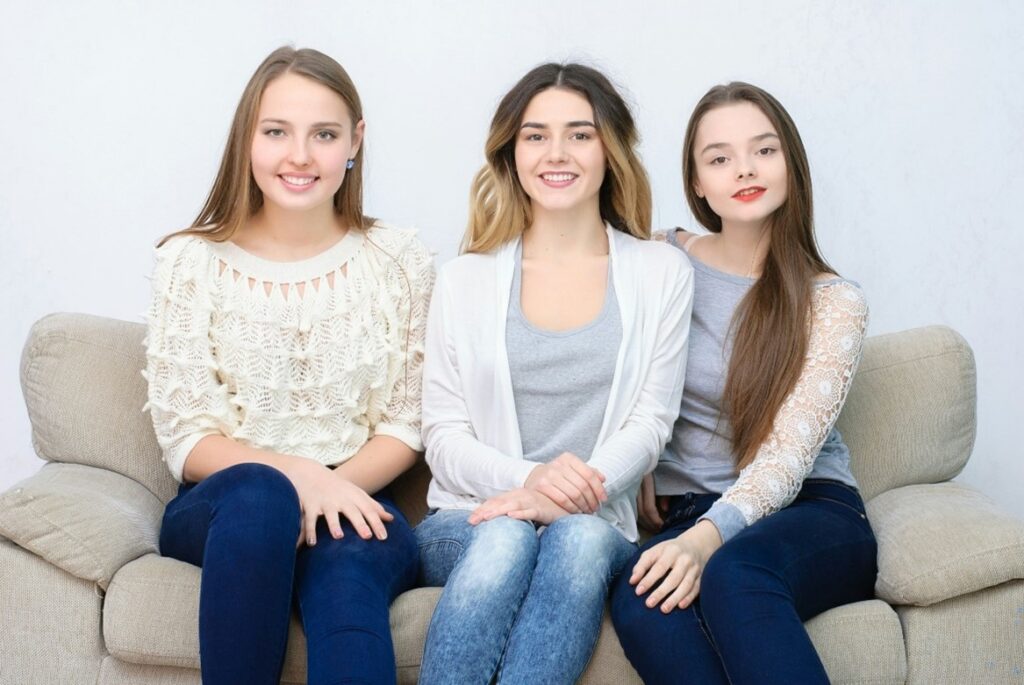
A group therapy program approaches counseling in a way that is proven to have an impact on teens’ mental health. A study by the Journal of Clinical Child Psychology shows that group therapy is more effective than one-on-one consultations for teenagers and children. Here, Eva Carlston Academy reviews some of the benefits of group therapy for teens.
When teens undergo group therapy, especially ones that experience social isolation, bullying, identity conflicts, and anger management, they’re more likely to emerge with sharpened interpersonal skills. Having a positive peer influence will also help teens feel related to and understood.
There are many benefits to group therapy for teens, including improved confidence and reduced stress. Eva Carlston Academy explains more about the potential group therapy sessions can have on a teenager.
Social Confidence
When young people have the platform to speak and relate to their peers, they’ll gradually develop improved social prowess.
Building confidence by receiving affirmation, validation, and solidarity from people they see as their peers in a group therapy session can help shy teens feel more confident and willing to assert themselves socially.
Communication Skills
Group therapy sessions for teenagers give them the chance to let go of some of the emotions they may be ignoring or bottling up. Unresolved emotional stress causes moodiness, irritability, or defiance; group therapy lets kids navigate their feelings and find ways to express them with people their own age.
Communication skills will also contribute to a student’s personal growth. When teens are able to manage their emotions in a conducive, effective way, they will begin to display traits associated with emotional and social maturity.
Improved Relationships
Group therapy gives teens a chance to nurture their interpersonal relationships, allowing them to better mitigate the ones they encounter outside of a session. If a teenager has a poor quality of social relationships in school, group therapy will allow them to feel as if they’re starting fresh.
Teens can also make friends in group therapy; connecting on a personal level with someone will lead to a deeper friendship.

Positive Peer Influence
According to statistics, 38% of teens have been pressured into doing something they were fully aware was detrimental to their health. When engaged in group therapy, young people will be surrounded by people who are also working to improve themselves, developing healthier ways to relate and cope.
Having their successes and victories celebrated in a group therapy session allows teenagers to overcome their self-doubts and make better choices — leading to more victories. It creates a positive feedback loop that can be beneficial to the long-term goals of group therapy.
Conclusion
Entering a teenager into group therapy can show benefits beyond the stated goal of working through their surface-level worries. Teens who participate actively in group therapy will enjoy feedback from like-minded people at their own peer level, allowing them to make better choices in school and life. The benefits of group therapy for teens are numerous, and their effects will be felt for the rest of the student’s life.



